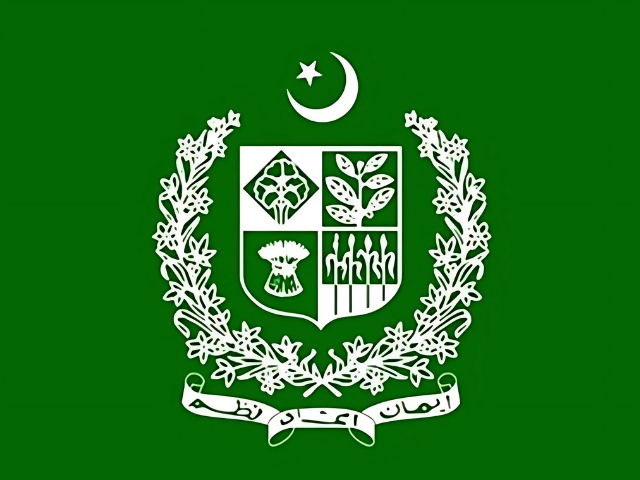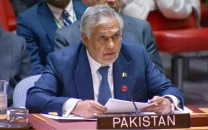Federal govt to merge two key ministries as part of cost-saving measures
The merger of energy and water ministries aims to reduce costs and streamline operations for better efficiency.

The federal government has decided to merge two significant ministries, Energy and Water Resources, as part of its cost-saving measures.
Sources indicate that the summary for the merger is now in its final stages.
This consolidation will allow all subordinate entities, including the Energy Ministry, WAPDA, and NTDC, to function under a unified administration, according to Express news.
The two ministries have historically collaborated closely, often sharing the same minister and secretary.
The merger is expected to lead to substantial annual savings amounting to billions of rupees.
Additionally, the government anticipates reductions in excess staff, transportation, and other operational costs, while the unification will likely expedite water and electricity project implementation.
Government to dissolve two health authorities
Earlier, the Pakistani government announced plans to dissolve two authorities under the Health Ministry, according to local media sources.
The decision aimed to streamline healthcare services and implement cost-cutting measures across the sector.
As part of this initiative, the Islamabad Blood Transfusion Authority and the Human Organ Transplant Authority were merged with the Islamabad Healthcare Regulatory Authority, resulting in significant staffing reductions.
In a related development, the government decided to dissolve the Ministry of States and Frontier Regions (SAFRON).
This ministry was merged into the Ministry of Kashmir Affairs and Gilgit-Baltistan following recommendations from the Rightsizing Committee.
The administrative wing of SAFRON was also set to be dissolved, while a special committee was formed to determine the future of Jammu & Kashmir State Properties.
The government planned for the sale of state properties as needed, with the revenue generated allocated for the welfare of Azad Kashmir and Gilgit-Baltistan.
Additionally, the Directorate of Health Services (DHS) of Kashmir and Gilgit-Baltistan underwent a review, with intentions to transfer control to the Azad Kashmir government.
The funding for DHS in Gilgit-Baltistan was to be managed in consultation with the Ministry of Health.
The Jammu and Kashmir Refugee Rehabilitation Organization was also set to be dissolved, which led to anticipated staff reductions in both the Azad Kashmir and Gilgit-Baltistan Councils, as well as in the Chief Commissioner’s Office for Afghan Refugees.



















COMMENTS
Comments are moderated and generally will be posted if they are on-topic and not abusive.
For more information, please see our Comments FAQ